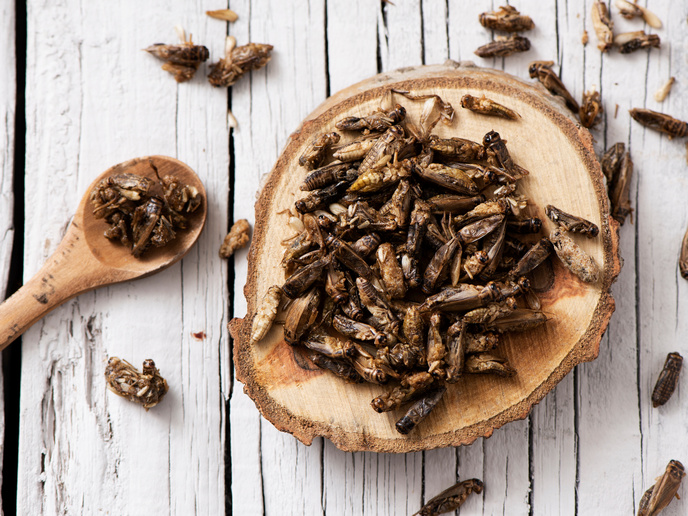Plastic-related chemicals disrupt metabolism and immunity
Phthalates, a ubiquitous class of plastic softeners, is a common environmental contaminant that is also believed to affect human metabolism. They are frequently found in indoor and outdoor environments, and ingested passively through environmental contact or household products. Recent epidemiological evidence associates phthalates with body mass index, obesity and weight in children and adults but the underlying mechanism is yet to be revealed.
Studying the impact of phthalates on zebrafish metabolism
Undertaken with the support of the Marie Skłodowska-Curie programme, the OBESOGENS project aimed to shed light into the key mechanisms by which phthalates initiate adverse health outcomes. The scientists employed zebrafish as a model and investigated the impact of phthalates on the microbiome-gut axis as a key regulator of health. Zebrafish constitutes a powerful tool for conducting metabolic research in a high-throughput manner to identify metabolic disruptors. “We used an integrated approach that included transcriptomics, metagenomics and the latest bioinformatics approaches to study the effect of phthalates on the microbiome-gut axis,″ explains the fellow Dr Ondrej Adamovsky. Project results indicated an overall deregulation of biological processes in both the host microbiome and the gastrointestinal tract in animals exposed to phthalates. These chemicals affected a wide array of physiological functions including metabolism, gut integrity and homeostasis, as well as immune function. Investigation of their mechanism of action unveiled a deregulation of receptors implicated in lipid metabolism and energy homeostasis. OBESOGENS describes for the first time the involvement of adaptive immunity and in particular of helper T cells in phthalate-induced deregulation of cell-cell communication. Although phthalates are known contributors to allergic responses, there was no prior insight on the mechanism by which they activate helper T cells. In this context, scientists used several computational approaches and predictive functional models to study potential interactions with the host gastrointestinal tissue and the microbiome. Results demonstrated that phthalates affect host microbial composition and diversity and lead to the production of metabolites. In turn, these stimulate intestinal adaptive immunity, which may initiate inflammation or contribute to inflammatory diseases.
Long-term impact of project results
The OBESOGENS project identified a multifaceted metabolic disruption caused by phthalates with the intestinal adaptive system and the microbiome-gut axis playing a central role. “By uncovering the specific mechanisms implicated in phthalate-induced metabolic deregulation, we hope to unveil novel molecular targets that can be exploited for therapeutic intervention,″ discloses Adamovsky. Overall, there is very little information on how the gut microbiome is altered by environmental contaminants leading to metabolic disruption. Further studies are required to fully characterise the role of microbial metabolites in phthalate-related adverse effects. Collectively, the work emphasises the importance of risk assessment on phthalates and other chemicals with potential side effects on human health. Given the widespread use of plastic, efforts should be redirected to materials that are both ecologically friendly and safe. Considering that obesity has reached epidemic proportions and incurs high long-term healthcare costs, the identification of contributing factors may help redesign lifestyle interventions to mitigate life-threatening co-morbidities.







